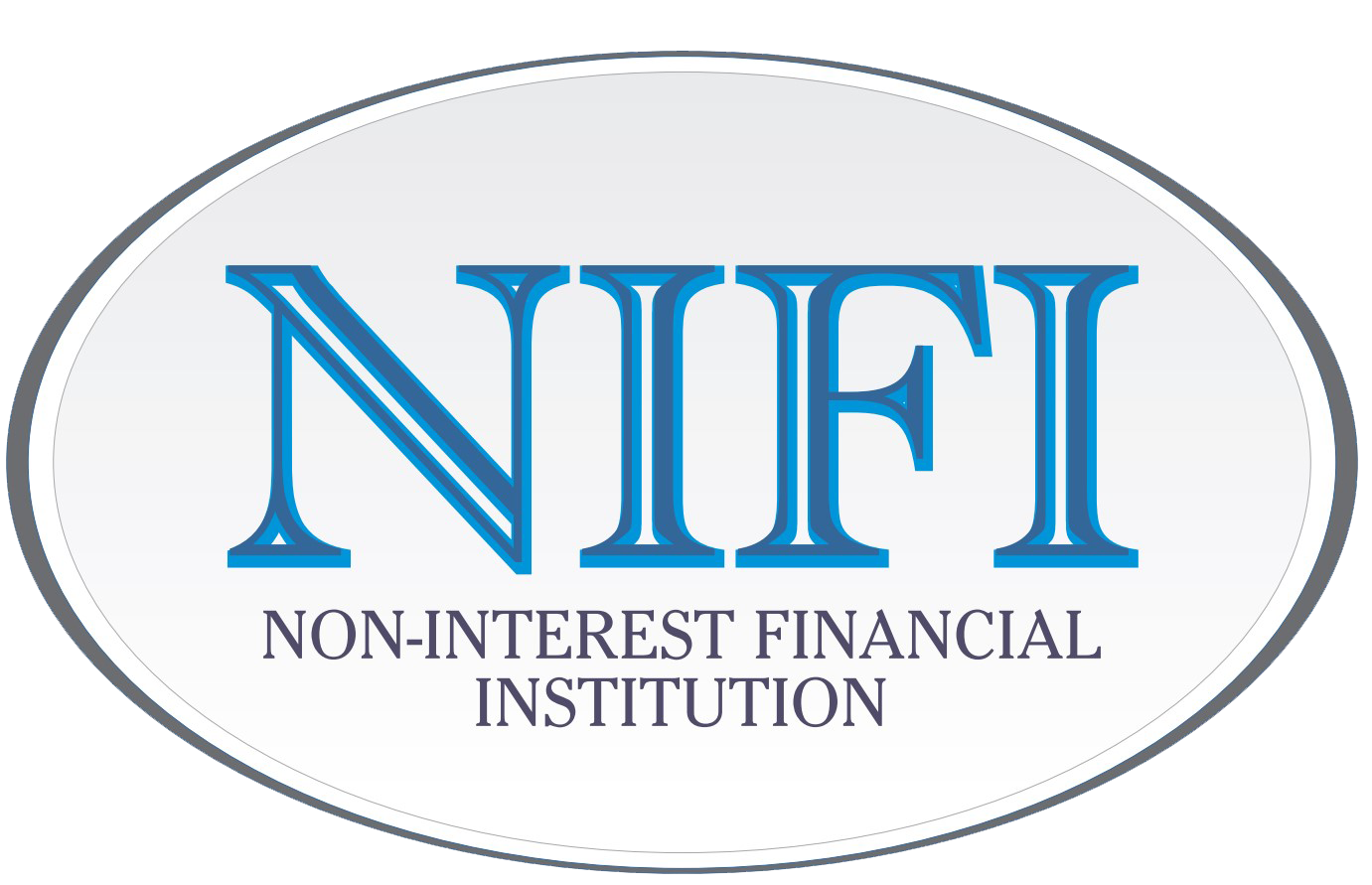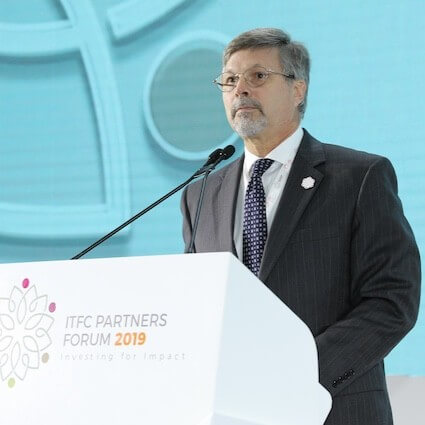1.2 Understanding Debt Service Coverage Ratio
After Madam Mary’s outburst at Tolu for his bad credit report, (read about it here) he walked away sad and drowned himself in his thoughts.
“How did Madam Mary know about my debts? It’s not a big deal. He was only eating Iya Abeke’s food on Credit and had plans to pay back.” He thought to himself.
Just then, his phone beeped. It was his monthly pay! He quickly transferred all that he owed Iya Abeke to her altbank account hoping to regain his respect.
Iya Abeke, after getting Tolu’s payment, asked around to see how much money he earned.
After all, once bitten, twice shy!
What Iya Abeke did highlight a concept called Debt Service Coverage Ratio (DSCR)
What is Debt Service Coverage Ratio (DSCR)?
Debt Service Coverage Ratio (DSCR) is a way to see if someone or a company can pay off their debts. It compares their total debt to their income. It’s like a financial health check for individuals or companies with a lot of debt.
It is a key financial metric used to measure a company’s ability to generate enough cash flow to cover its debt obligations.
Debt service refers to the cash needed to repay a credit facility during a given period.
The ratio compares a company’s or individual’s total debt obligations to its operating income.
But why did Iya Abeke do this? Let’s find out.
Gradually, Tolu returned to Iya Abeke’s food joint to eat on credit, but this time his visits were short-lived.
After three attempts, Iya Abeke refused to serve him food because she realized that the amount he ate was not proportional to his income. It was clear that Tolu didn’t have enough money to keep up with his expenses.
Again, we would not want you to end up in Tolu’s position, so we put together a few things that make your Debt Service Coverage Ratio (DSCR) important.
Here is the importance of DSCR;
- DSCR is an important tool for determining credit worthiness. This means that if you are not like Tolu, someone can trust you to get things now and pay for them later.
- It is important to determine if you are worthy of being granted a credit facility. A high DSCR indicates lower risk, making it easier to secure favorable credit terms.
- It helps financial institutions know if there is a risk of not getting their money back. If the ratio is low, it means there is a risk.
- It helps people and companies manage money better, making sure there’s enough for debts and other needs.
- It shows if there’s enough money to pay debts and still have money for the future.
Generally, your Debt Service Coverage Ratio (DSCR) will help you to make smart decisions about money and Credit facilities.



